1.
Initial situation
In order to prepare an expert report, we offer you to prepare and train for the appointments with the expert. We also offer to accompany you to the appointments with the expert.
2.
Training of participants to acquire educational psychological skills
The legal child welfare criteria:
- Support principle / suitability for upbringing
- Continuity principle / stability principle
- Ties of the child
- Child’s will
which are contained in the Basic Law and in the Civil Code, must be filled in by the expert in the preparation of the report with appropriate human-scientific questions. Based on the questions, an individual case is then analyzed and evaluated.
Figure 1 shows an overview of the legal regulations for the legal child welfare criteria.
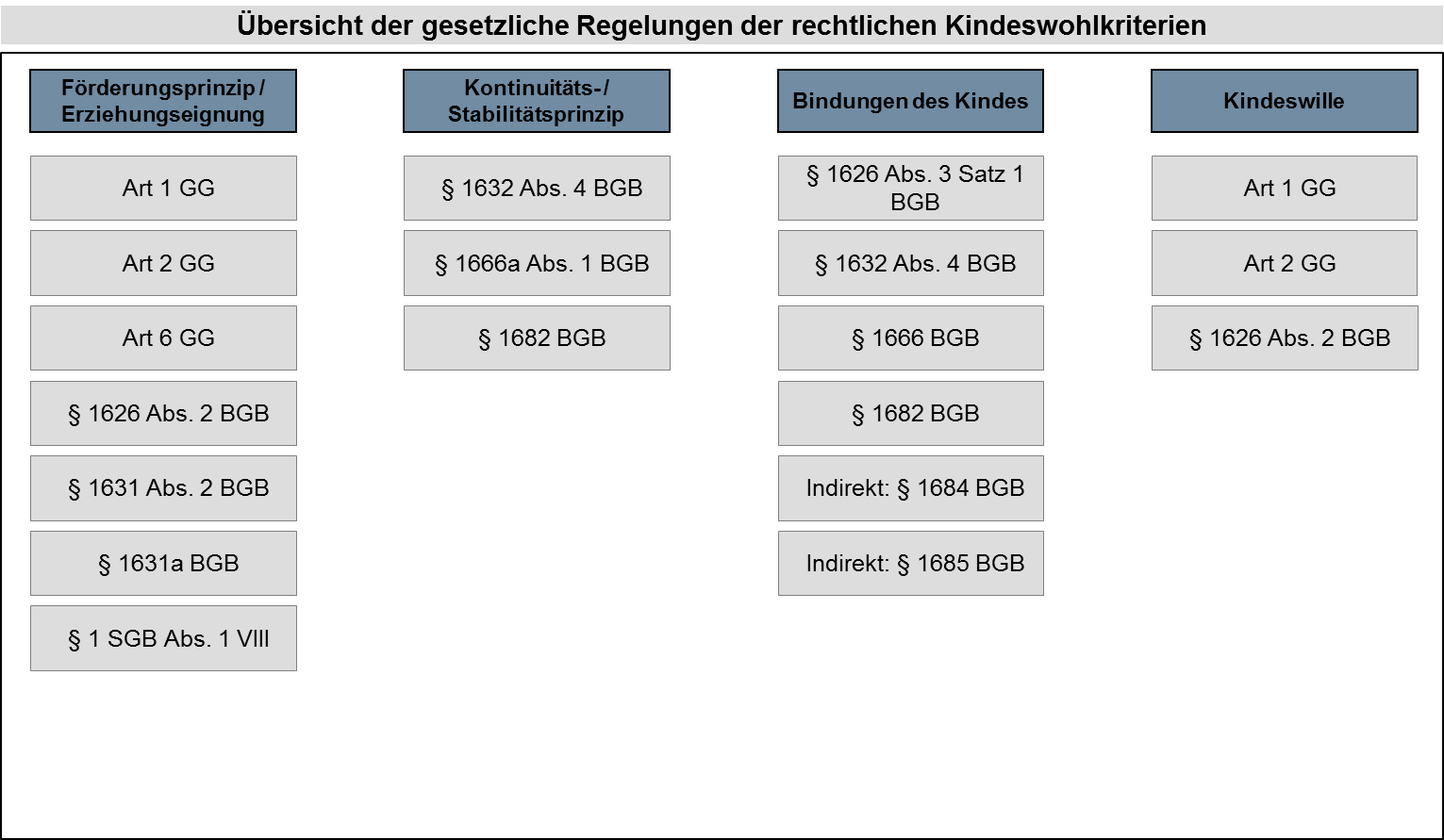
Figure 1: Overview of the legal regulations of the legal child welfare criteria
The child welfare criteria used in jurisprudence and jurisprudential teaching that affect the parents (principle of support / parental aptitude for upbringing, continuity / stability principle) and that affect the child (attachments, children’s will) are dealt with in Psychological Questions (Westhoff & Kluck, 2014, p. 35 ) transferred.
It is asked:
- Which solution is likely to give the child better development conditions (funding opportunities / parents’ suitability for upbringing),
- which solution better guarantees the child’s interest in continuous and stable development (ensuring continuity and stability by the parents),
- Which parent the child has which attachment and which one is better prepared to maintain and promote the attachment to the other parent and in which decision the attachments to grandparents, siblings and other caregivers are best taken into account (attachments of the child),
- which decision corresponds to the will and inclinations of the child (will of the child) (Schwab / Motzer, 2013, pp. 593-594).
Figures 2 to 5 summarize the human science questions required to fill in the legal concept of child welfare.
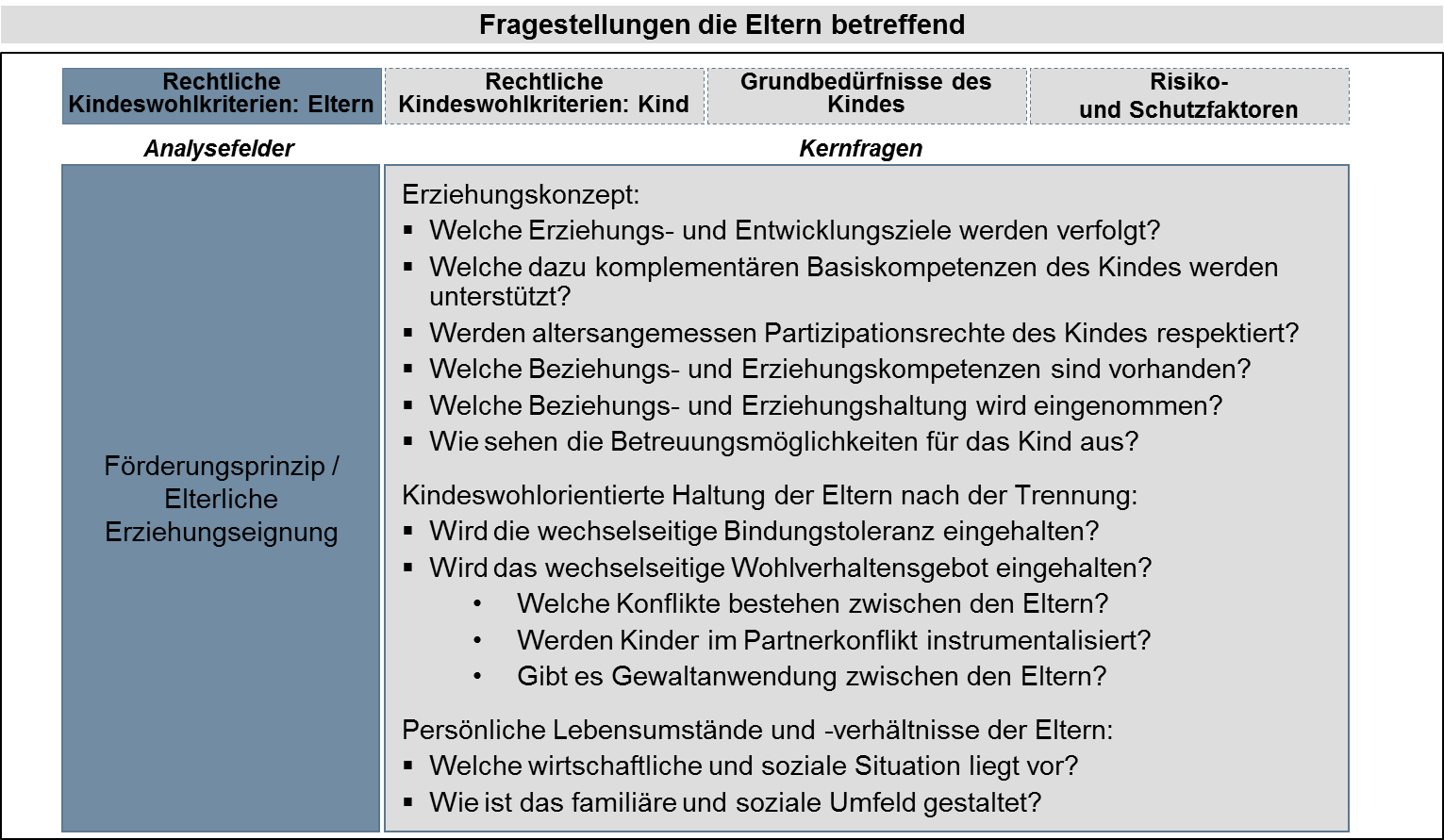
Figure 2: Questions on the funding principle / parental aptitude
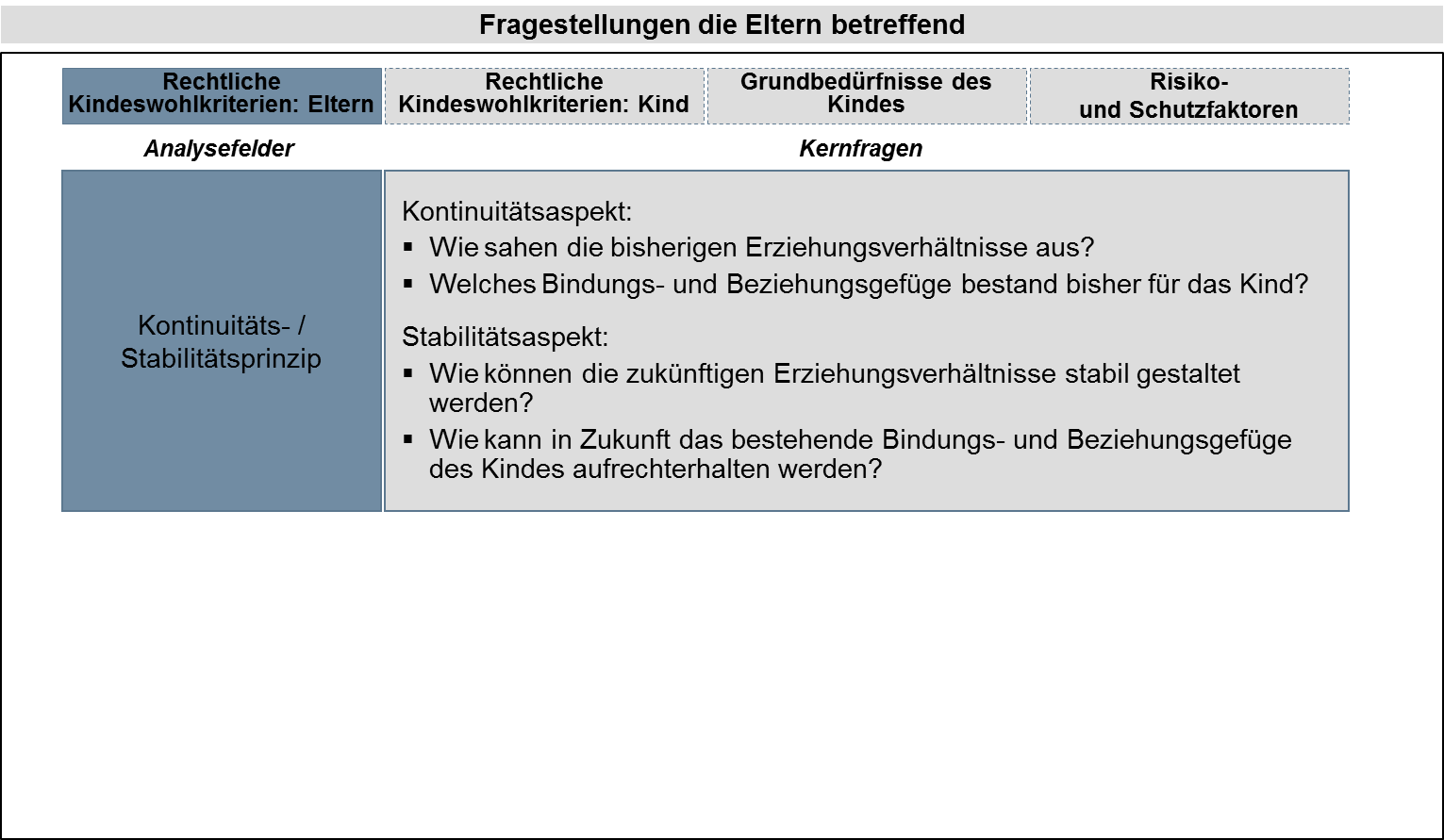
Figure 3: Issues relating to the continuity / stability principle
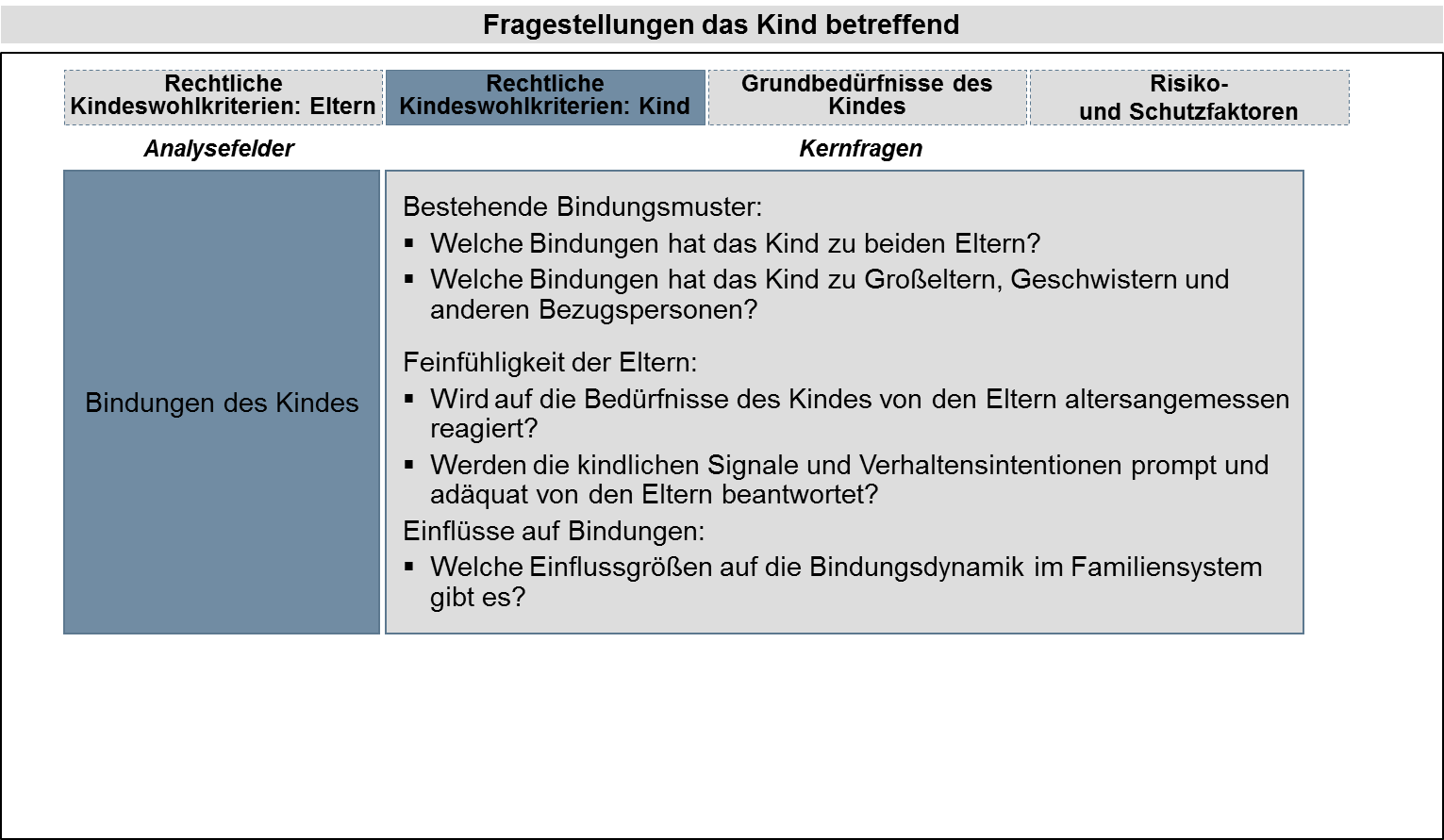
Figure 4: Questions about the child’s attachment
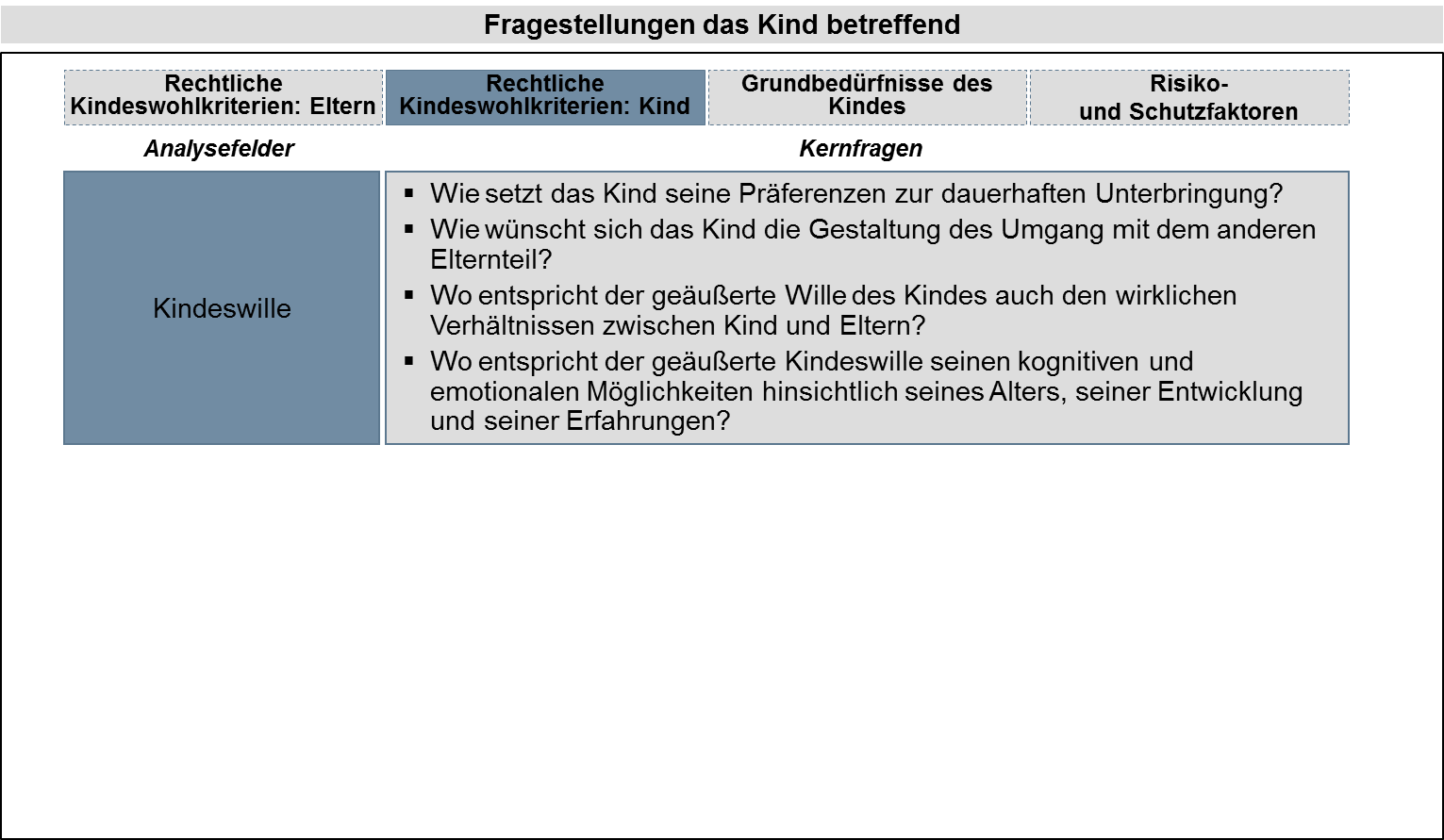
Figure 5: Questions about the child’s will
Dealing with these questions should be tried out before an expert report in order to be able to meet the requirements. The training can include attitudes but also behavior in specific parenting situations.
3.
Accompaniment to appointments with the expert
With the decision of the Hamm Higher Regional Court of February 15, 2015 (Az. 14 UF 135/14), it was once again made clear that parties to be assessed psychologically are to be allowed an accompanying person that has no right to express themselves or to participate during an examination. The accompaniment to an expert appointment thus primarily fulfills the function of a witness and enables a professional psychological examination of the expert appointed by the court.
4.
Literature
Schmidt, A. & Westhoff, K. (2020). Kindeswohl interdisziplinär: Empirische Ergebnisse für die juristische Praxis bei Trennung der Eltern. Baden-Baden: Nomos.
Schwab, D. (2013). Handbuch des Scheidungsrechts (7. neubearbeitete Auflage). München: Vahlen.
Westhoff, K. & Kluck, M.-L. (2014). Psychologische Gutachten schreiben und beurteilen (6. vollständig überarbeitete und erweiterte Auflage). Berlin: Springer.
5.
Contact
Univ.-Prof. Dr. Karl-Josef Kluge
(University of Cologne, Faculty of Human Sciences, Department for Curative Education and Rehabilitation, Subject: Educational Aid and Social-Emotional Promotion)
Phone:
02162 24606
E-Mail:
klugekajo@yahoo.de und kluge@euroges.de
Dr. Axel Schmidt
(Diploma in business administration, diploma psychologist)
Phone:
0171 307 39 48
E-Mail:
axel.schmidt@familiengutachten.eu

